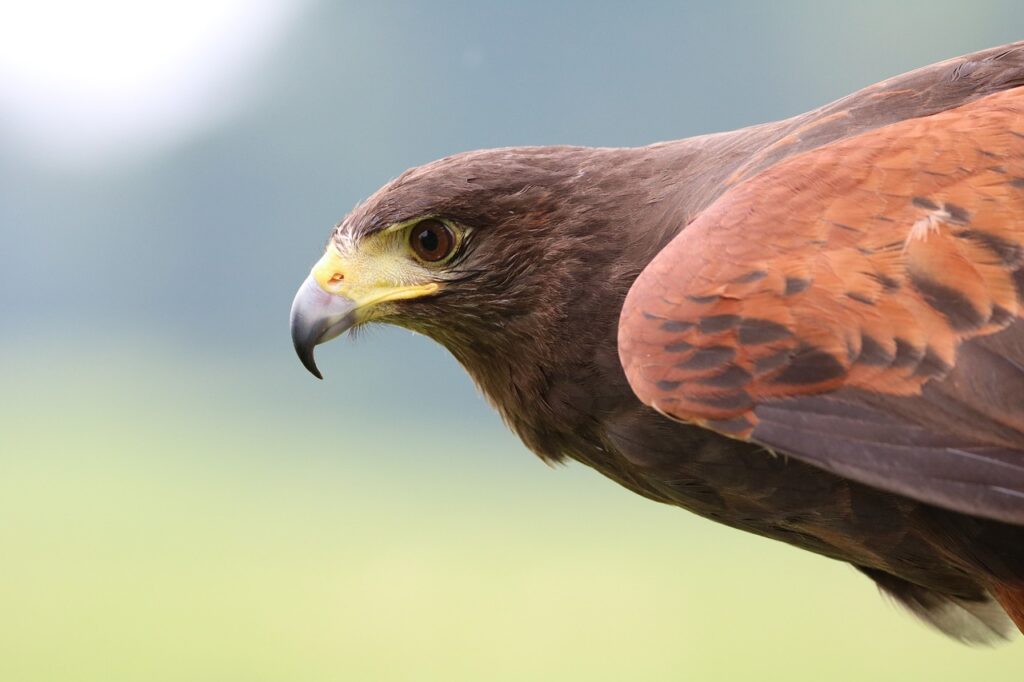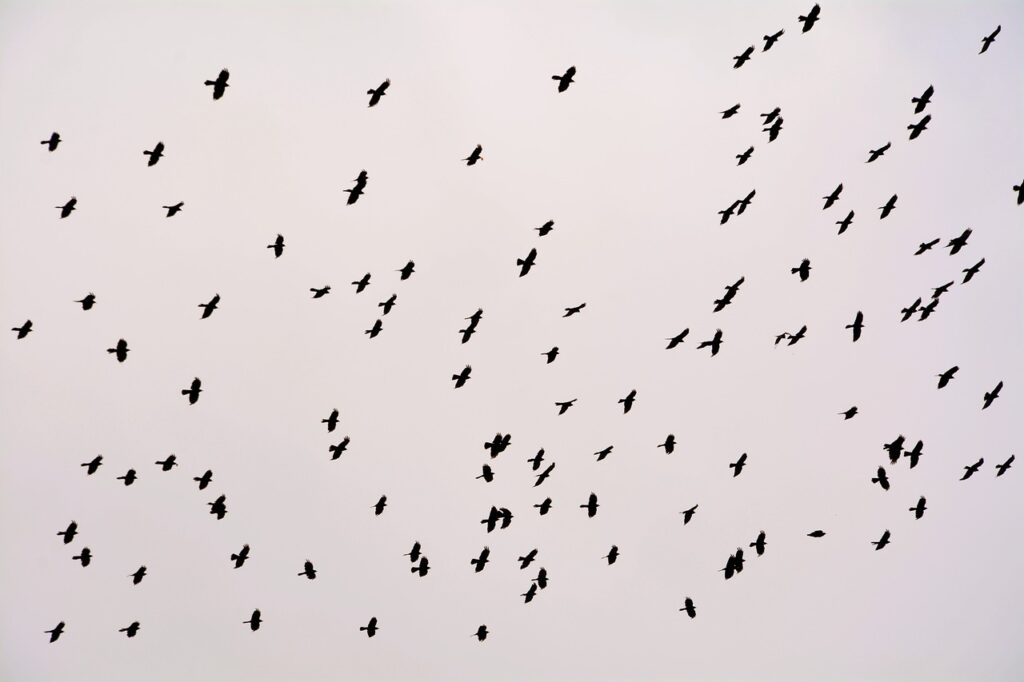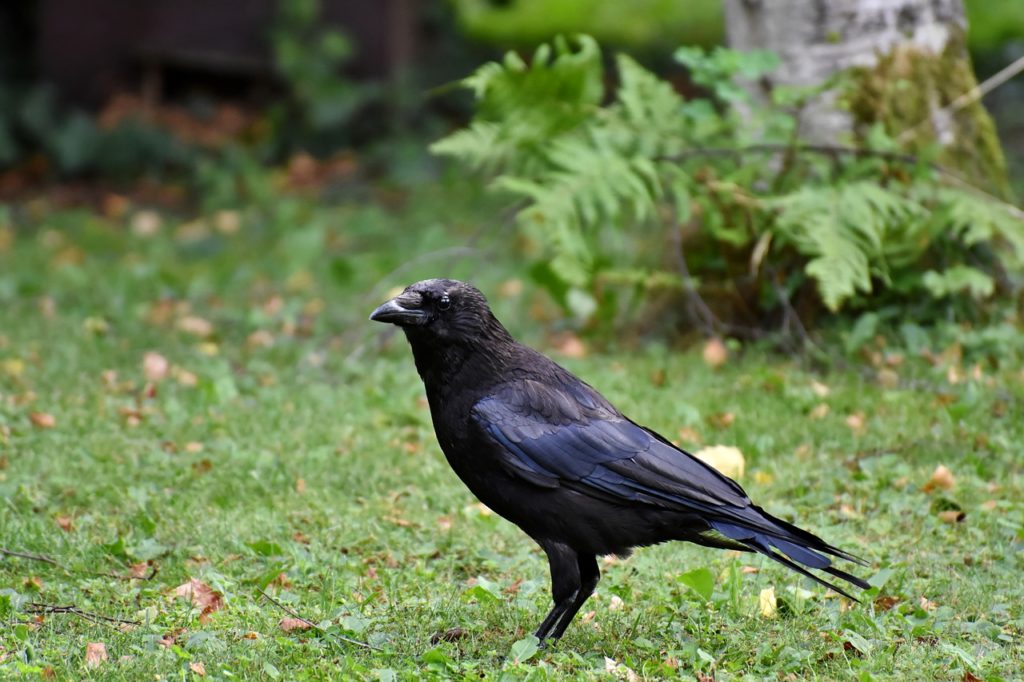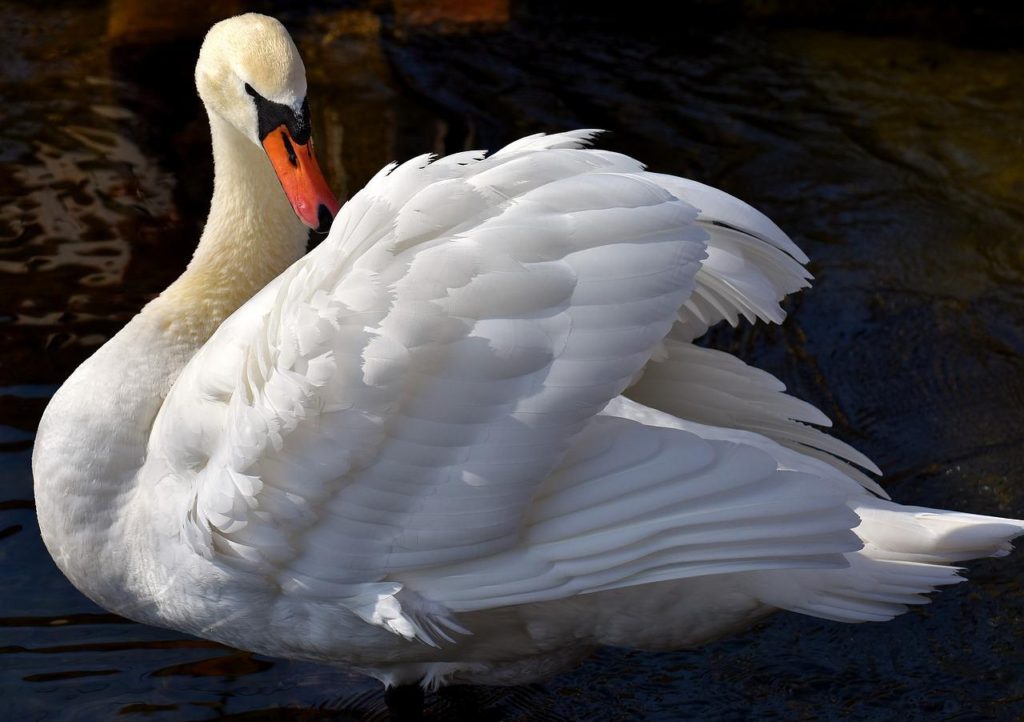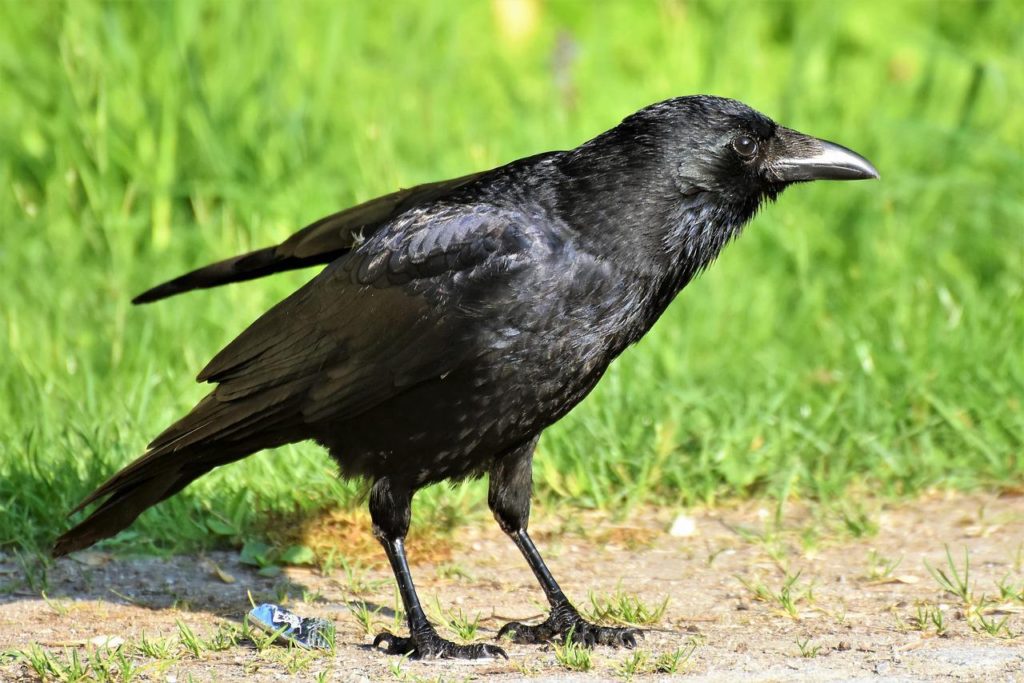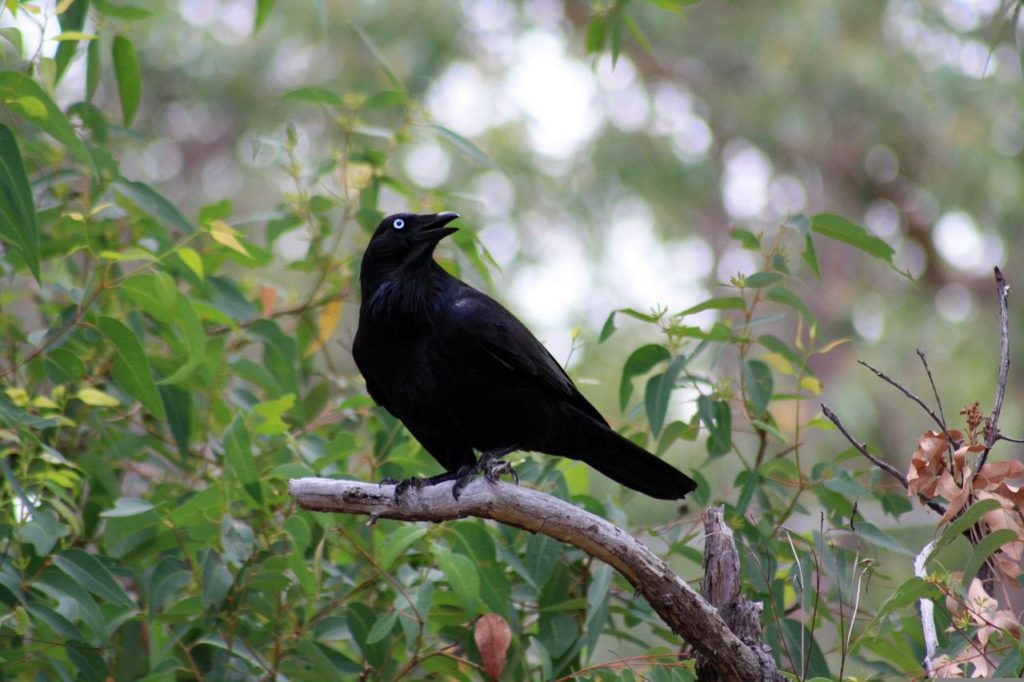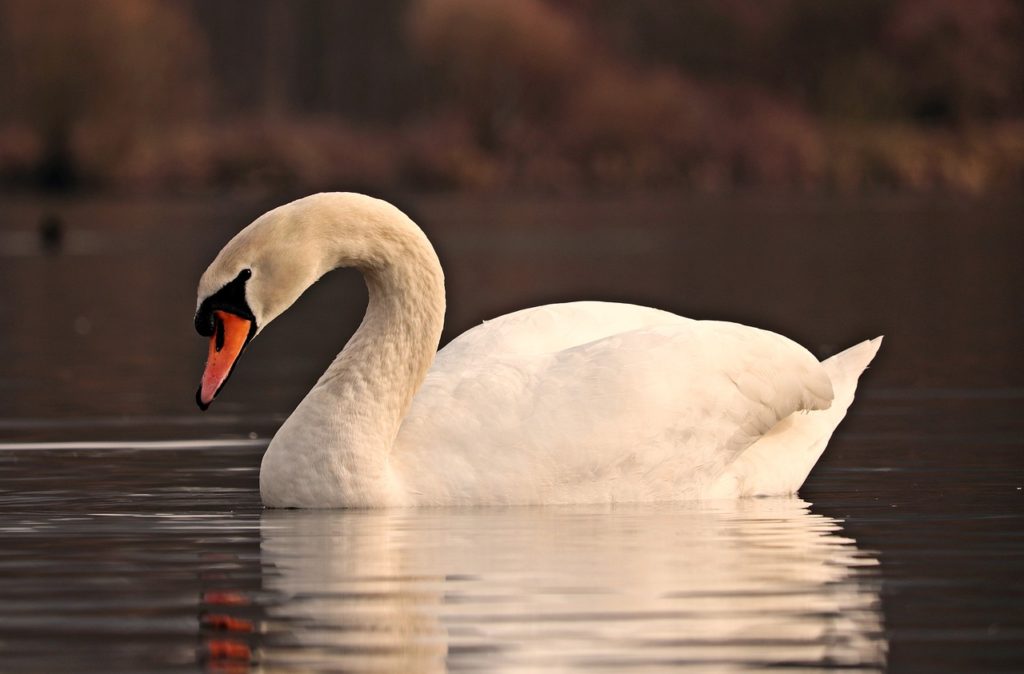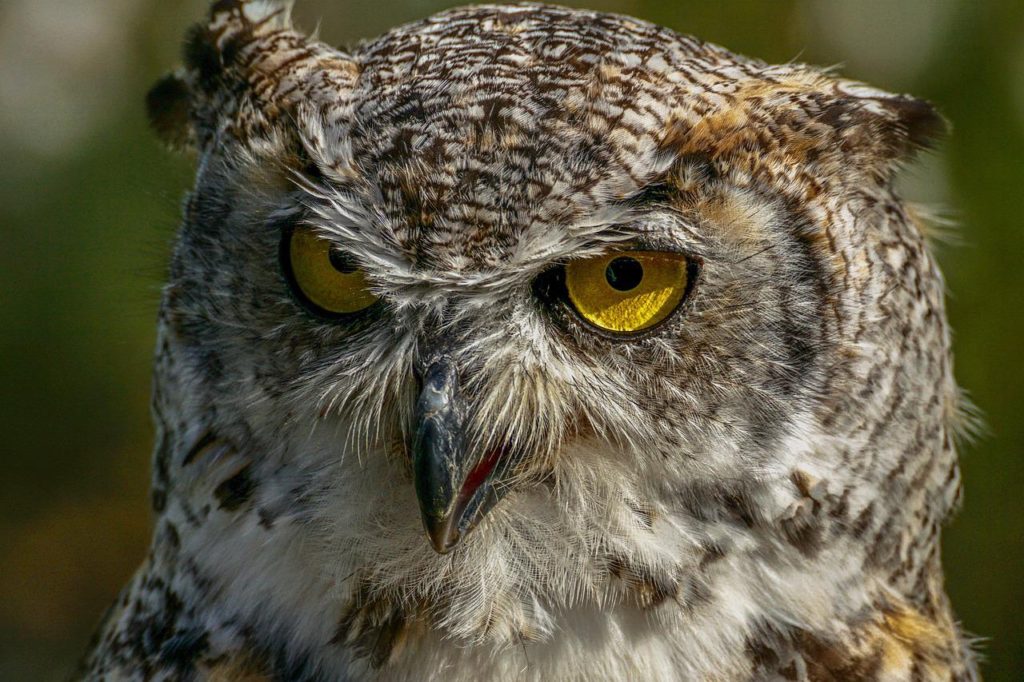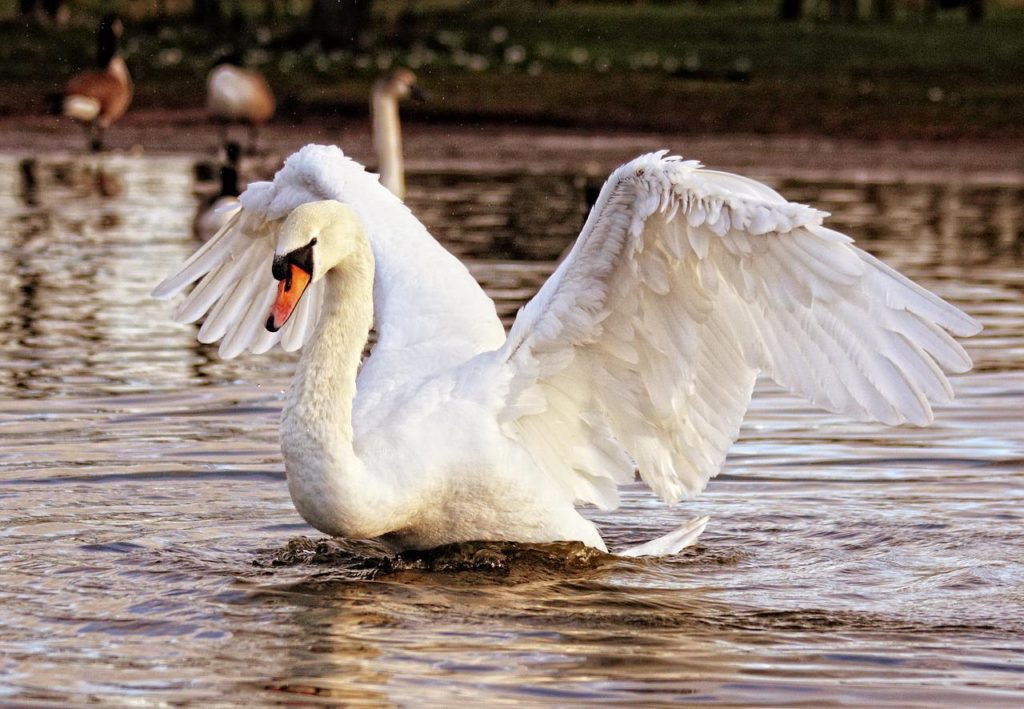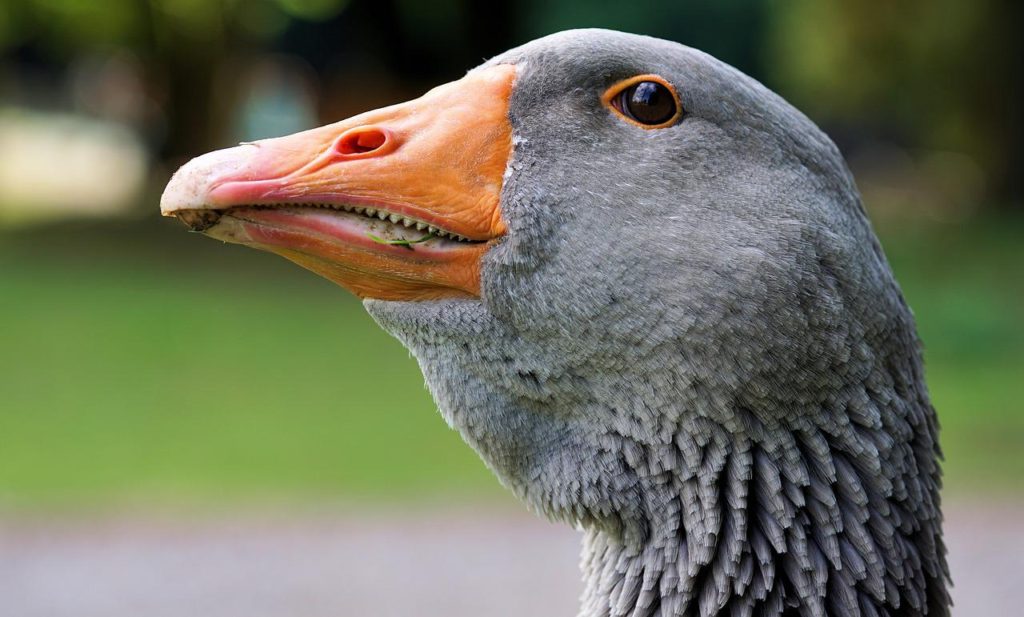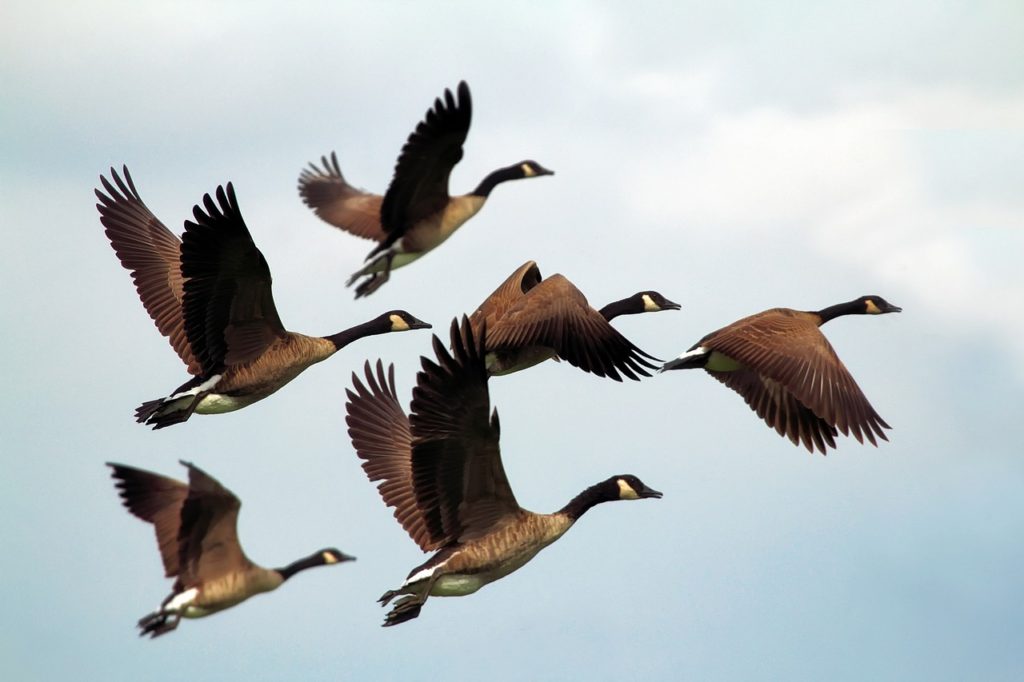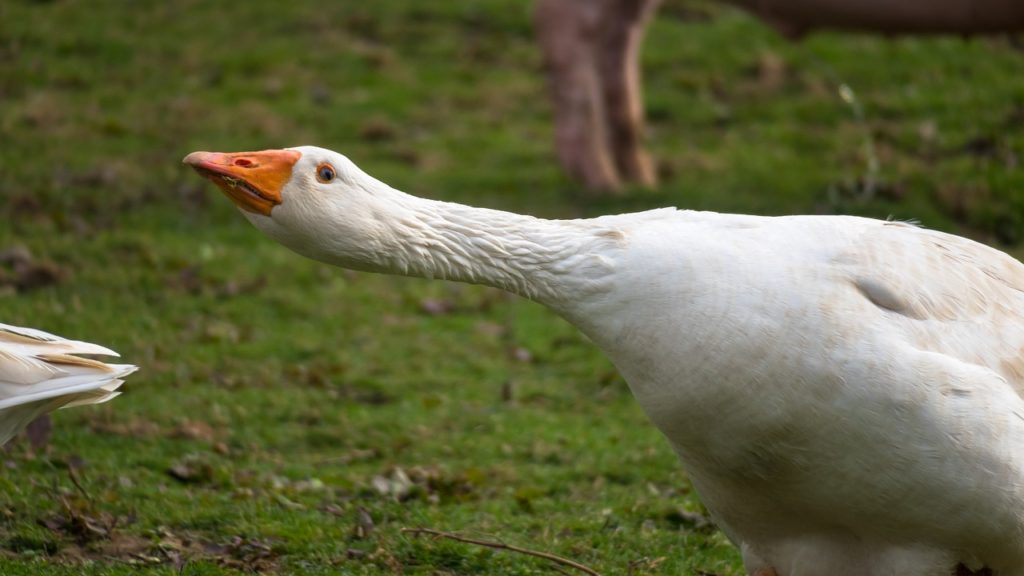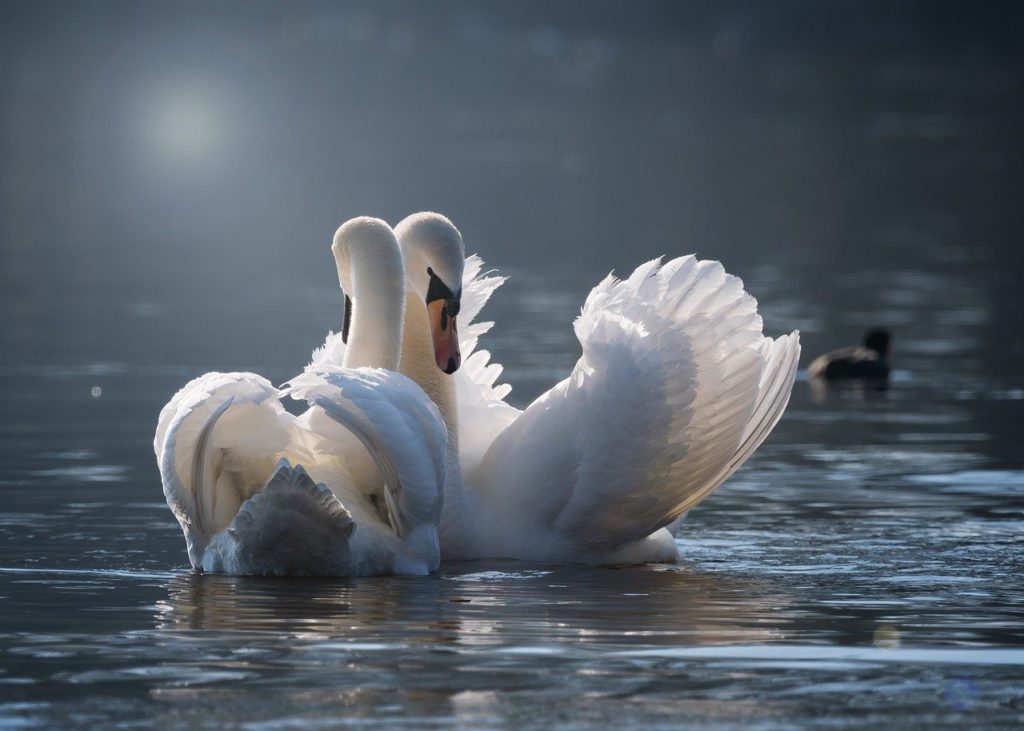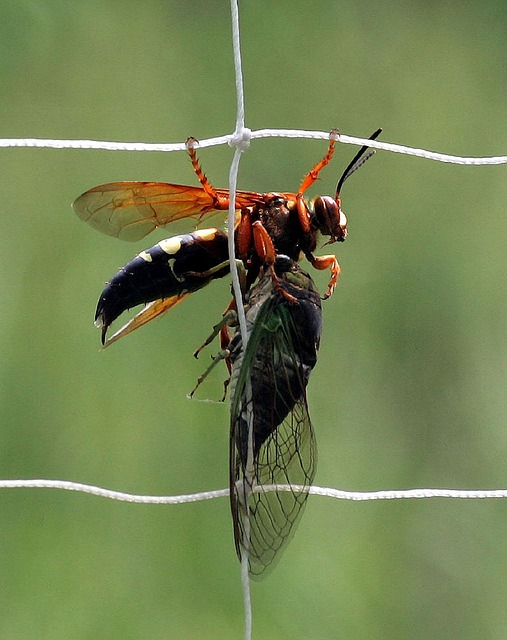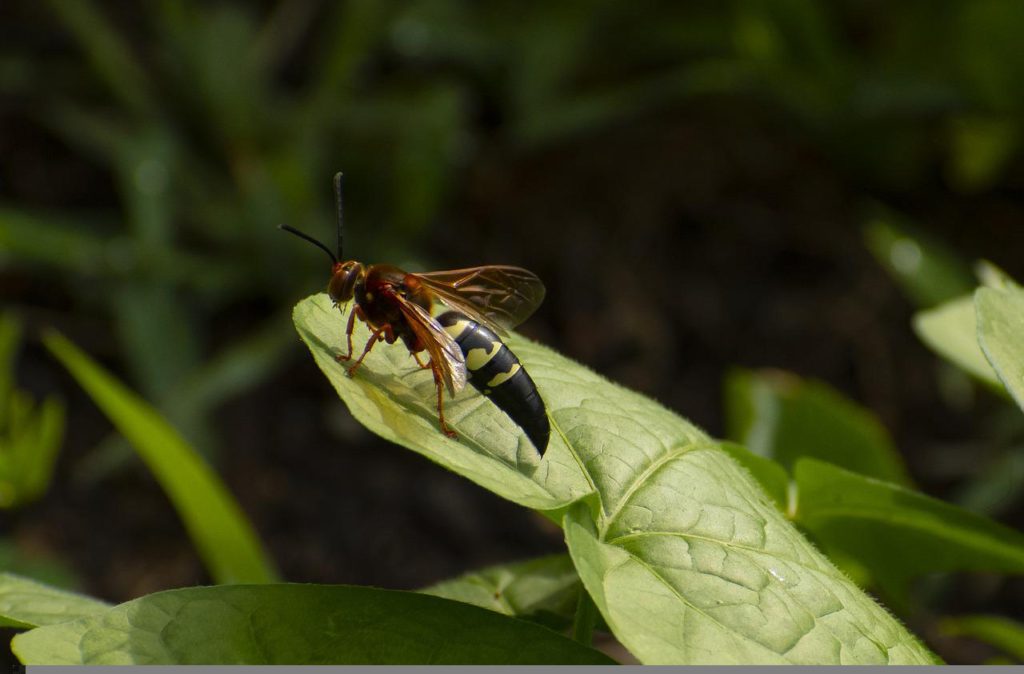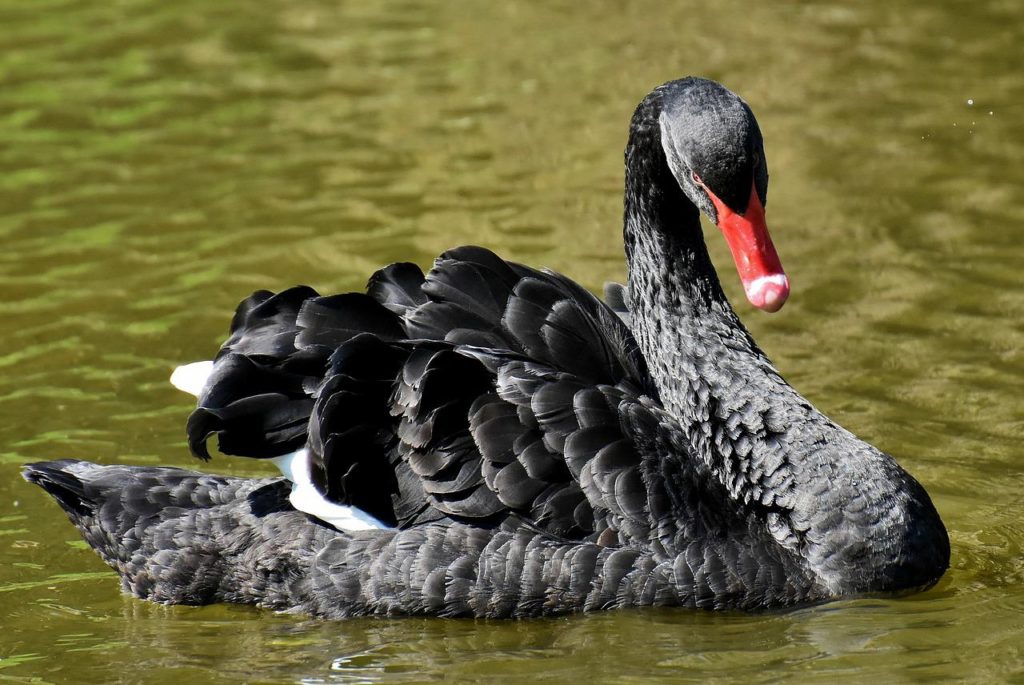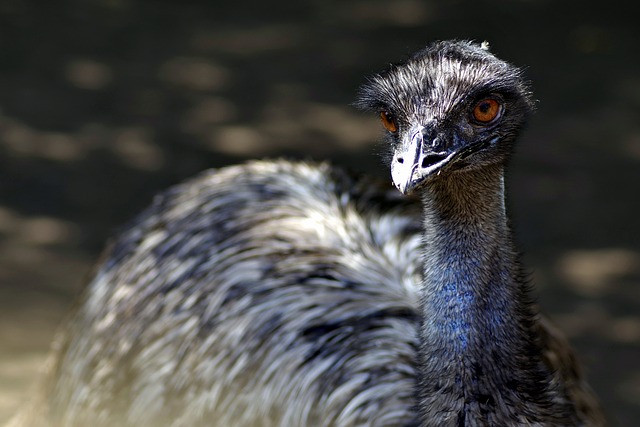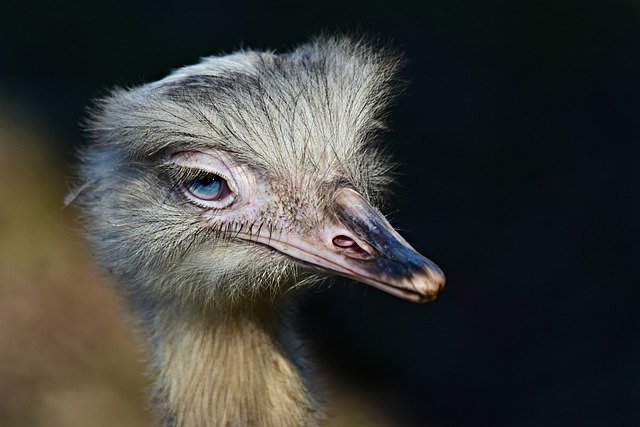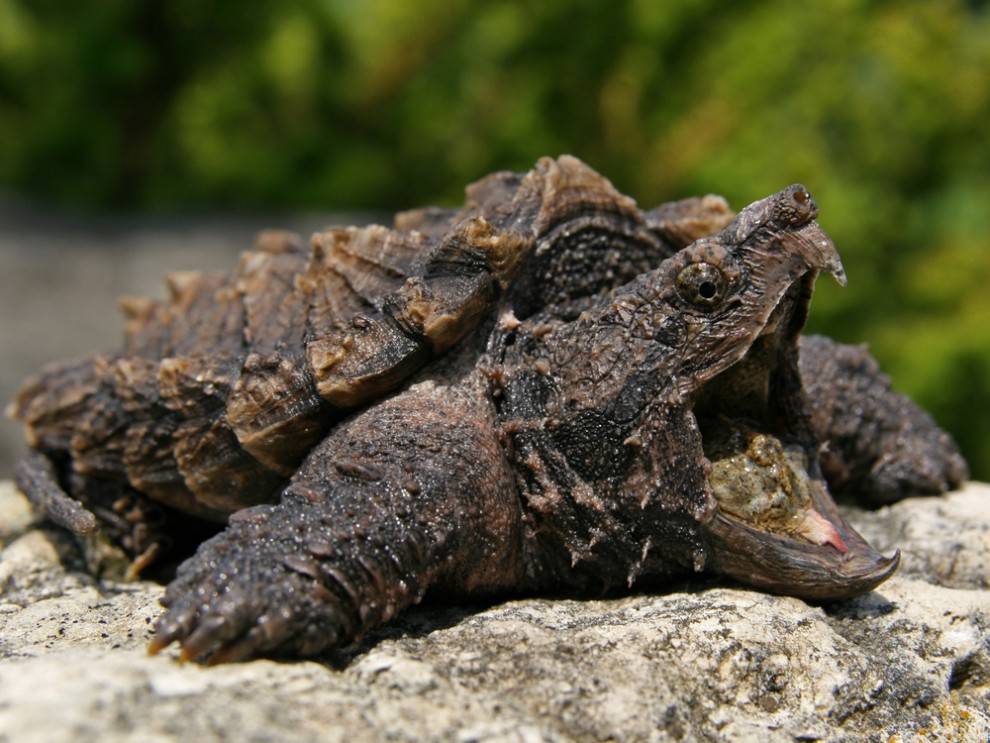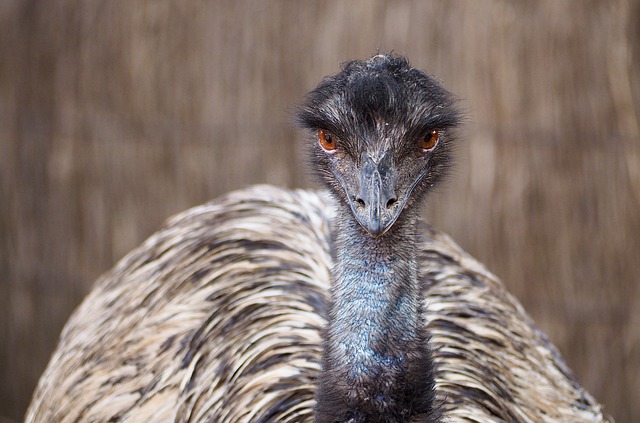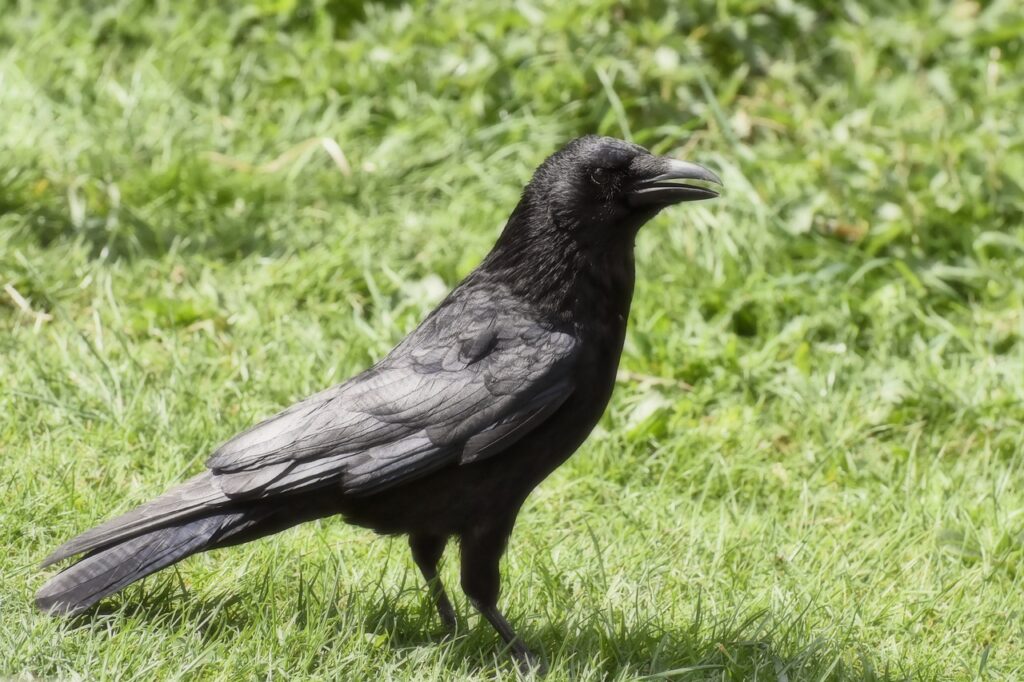
In many places, crows are such a common sight that it can be easy to forget that they actually have many predators. And being “on the menu,” for a range of other animals is actually why these birds are so wary. That being said, here is everything you’ll want to know about the most common predators of crows and their relationship with them.
Natural Predators Of Crows
Crows have many natural predators. Birds of prey, for example, are common crow predators. This includes many species of eagles, hawks, falcons, and owls. They are powerful birds with sharp talons and beaks which they use to kill their prey. And while the rest hunt during the daylight hours, owls hunt crows at night and are a major threat to roosting crows.
Another common crow predator are actually ravens. Ravens aren’t birds of prey and despite being close relatives of crows there is no love between these species. Ravens will raid any crow’s nest they come across eating the eggs or young. Mammals like cats, coyotes, foxes, and raccoons will also prey on crows. Cats both feral and domestic are notorious killers of birds.
And they kill enormous numbers each year worldwide. Even though we associate them with being cuddly pets, they are natural hunters. And they may use a variety of techniques to catch and kill birds including crows. This may include stalking, pouncing, and ambushing them. Cats are also skilled climbers which gives them the ability to get to crow nests and eat their young.
Coyotes, foxes, and raccoons occasionally are able to take down crows when they are on the ground, however, they usually need to catch them unaware when the crows are distracted doing something else such as feeding. Although as skilled climbers with a keen sense of smell raccoons are also a threat to their nests.
There are a variety of snake species that kill and eat birds including crows both on the ground and in the trees. And there are many tree-climbing snakes that will eat their eggs and young as well.
Human Threats
While we don’t have a typical predator/prey relationship with crows humans do occasionally kill crows. And we do so both directly and indirectly. Hunting and trapping crows are used as a way to control their populations, particularly in rural areas where they are considered to be pests.
And in some areas, crows are even poisoned, which can have the unintentional consequence of killing a range of other species as well. Although nowadays non-lethal methods of deterring crows are becoming more and more popular such as the use of dead crow decoys and bird cannons among others.
That being said, humans are a threat to crows in other ways too. Crows are at risk when exposed to pollution, dangerous chemicals, and pesticides in their environment. Habitat loss due to urbanization and deforestation is also dangerous to crows as well and may lead to their deaths indirectly.
Adaptations of Crows to Avoid Predation
Crows are truly amazing birds. And they have developed a number of adaptations to avoid being killed by predators. Crows live in groups and they will use the power of their numbers to help drive predators and even people away. When crows spot an enemy the entire group attacks. This is known as mobbing and it’s highly effective and intimidating. Birds of prey in particular are often mobbed by crows.
Crows will also roost in large groups during the fall and winter months. This provides the birds with safety in numbers as they sleep. Crows use a variety of vocalizations and alarms to communicate with one another. And they even have specific calls to alert their group about specific crow predators such as hawks and eagles for example.
In addition to their highly aggressive behavior during the nesting season, crows will also build their nests in locations that are difficult for predators to physically get to. For example high up in tall trees. Often crows will choose tall trees that are located near open fields. This helps with visibility allowing the crows to quickly spot threats so they can sound the alarm and or mob them.
Impact of Predator Populations on Crow Populations
Predator populations can have a big impact on both the size and behavior of crow populations. For example, when there is a large number of birds of prey in an area, the local crow population may decrease not just from being hunted, but from the resident crows avoiding these areas or even in some cases abandoning their territory altogether.
Crows are adaptable and will often adjust their behaviors when there is a high number of predators. They may lay their eggs earlier or later in the nesting season than normal to avoid doing so when predators of crows are most active. Or crows may simply become more vigilant and mob threats even more aggressively to chase them out of the area.
Interestingly in some cases, having more predators actually benefits crows, since they may take out other crow threats. For instance, having a high number of eagles can help to reduce the local raccoon population. And that in return reduces the number of raccoon raids on crow nests.
Start Shopping for Birding Supplies!
What Are Crows Good For?
Crows are widely considered to be pests. However, these large and highly intelligent black birds actually serve quite a few important functions in the environment. So what are crows good for? Here's what you'll want to know. Pest And Parasite Management Crows are...
How Long Do Swans Live?
Swans are graceful and beautiful creatures and as such, people have many questions about them. They want to know about their mating rituals, their diet, their preferred habitats, and even their lifespans. How long do swans live for anyway? Swan lifespans actually vary...
Are Crows Good Pets?
People all around the world see and hear crows on a daily basis. Although these intelligent and dark birds are practically ubiquitous, most people don't think of them as being household pets. Are crows good pets? The general consensus is that crows do not make...
Are There Crows In Australia?
Crows are remarkably smart birds that also happen to be extremely adaptable. They navigate unfamiliar circumstances via observation and interaction. Crows reside in locations all over the globe. While they do not live in certain parts of South America, they do reside...
What Do Swans Eat?
Swans are famously long-necked birds that are symbols of romance, love, beauty, and purity. Since these waterbirds have so many admirers, people often wonder about their eating habits, behaviors, and more. What do swans eat, anyway? Swan Basics Swans typically live in...
Birds That Look Like Owls
Owls are typically solitary and mainly nocturnal birds. And although these well-known hooting creatures have a rather distinctive physical appearance, there are actually various other kinds of birds that resemble owls closely. And people sometimes mix them up. So...
Why Are Swans Protected?
Swans are graceful and gorgeous creatures. They also happen to have protection in the United Kingdom, interestingly enough. Why are swans protected there, anyway? And does the Queen own all the swans? Yes, she actually owns any mute swans that are unclaimed in both...
Birds With Teeth
Birds do not have teeth. However, there are quite a few that really look like they do! These birds have evolved special beaks which help them to perform important functions. So here are some of the most amazing birds with “teeth,” and what you’ll want to know about...
Do Geese Fly?
Although geese are clearly birds, there are many individuals who do not necessarily associate them with flying. So, do geese fly? The honest answer is that these waterfowl do. They do not exactly slouch in the flying department, either. Many people are pleasantly...
Are Geese Dangerous?
Geese, in brief, are waterbirds that are quite substantial in size. Since they're often spotted on golf courses, at schools, and in community parks, people understandably tend to wonder whether they're safety threats. Are geese dangerous? Why Geese Attack...
Do Swans Mate For Life?
Swans are famously elegant waterbirds that are known for their sizable bodies, webbed feet, and lengthy necks. People often associate them with romantic imagery and monogamy. Do swans mate for life? You can find the response to that common and rather fascinating...
When Do Cicada Killers Come Out?
Whether you dread them each year or are waiting for them to emerge and control the cicada population you may be wondering, “When do cicada killers come out? The answer is they come out each summer in late June or July. Here’s what you’ll want to know. Cicada Killer...
Are Cicada Killers Dangerous?
One look at one of these huge wasps buzzing around, your yard, and it’s only natural to ask, “Are cicada killers dangerous?” Fortunately, these wasps are mild-mannered. But here’s what you’ll want to know. Cicada Killer Wasps Basics Cicada killers emerge from the...
What Are Black Swans?
What are black swans? Black swans (Cygnus atratus) are sizable waterbirds. This species primarily appears in Australia's southwestern and southeastern portions. The black swan is nomadic in its homeland. This bird, true to its name, is mostly black. Although the bird...
What Do Cicada Killers Eat When There Are No Cicadas?
What do cicada killers eat when there are no cicadas? Well, while cicada killer wasps do hunt cicadas, the adults don’t actually eat them or kill them, their young do. Read on to learn more! The Cicada Killer Diet While you may have seen cicada killer wasps flying...
Do Cicada Killer Wasps Sting?
As one of the biggest species of wasp in North America the cicada killer wasp can be intimidating. And because of their size, appearance, and scary-sounding name, many people wonder, “Do cicada killer wasps sting? The answer is yes and no, and here’s what you’ll want...
Emu Facts
Did you know? One emu egg can make an omelet that can feed up to six adults. Did you know that the emu is the only bird with calf muscles? Can an emu walk backward? Let us find out by exploring some of the most jaw-dropping emu facts. Emus Have Amazingly Powerful Legs...
Rhea Facts
Doting dads, did you know the male rhea builds the nest, incubates the eggs, and takes care of the young? The rheas are paragons of parental care. It’s a bird like no other, and you will be surprised by the following rhea facts. Rheas Are One Of The Best Dads In The...
Alligator Snapping Turtle Facts
Flightless Australian Birds
There are over sixty species of flightless birds in the world. These birds have lost their capability to fly through evolution, and several of them live in the “land Down Under.” So here’s a list of all the flightless Australian birds. Emu The emu is a large...
